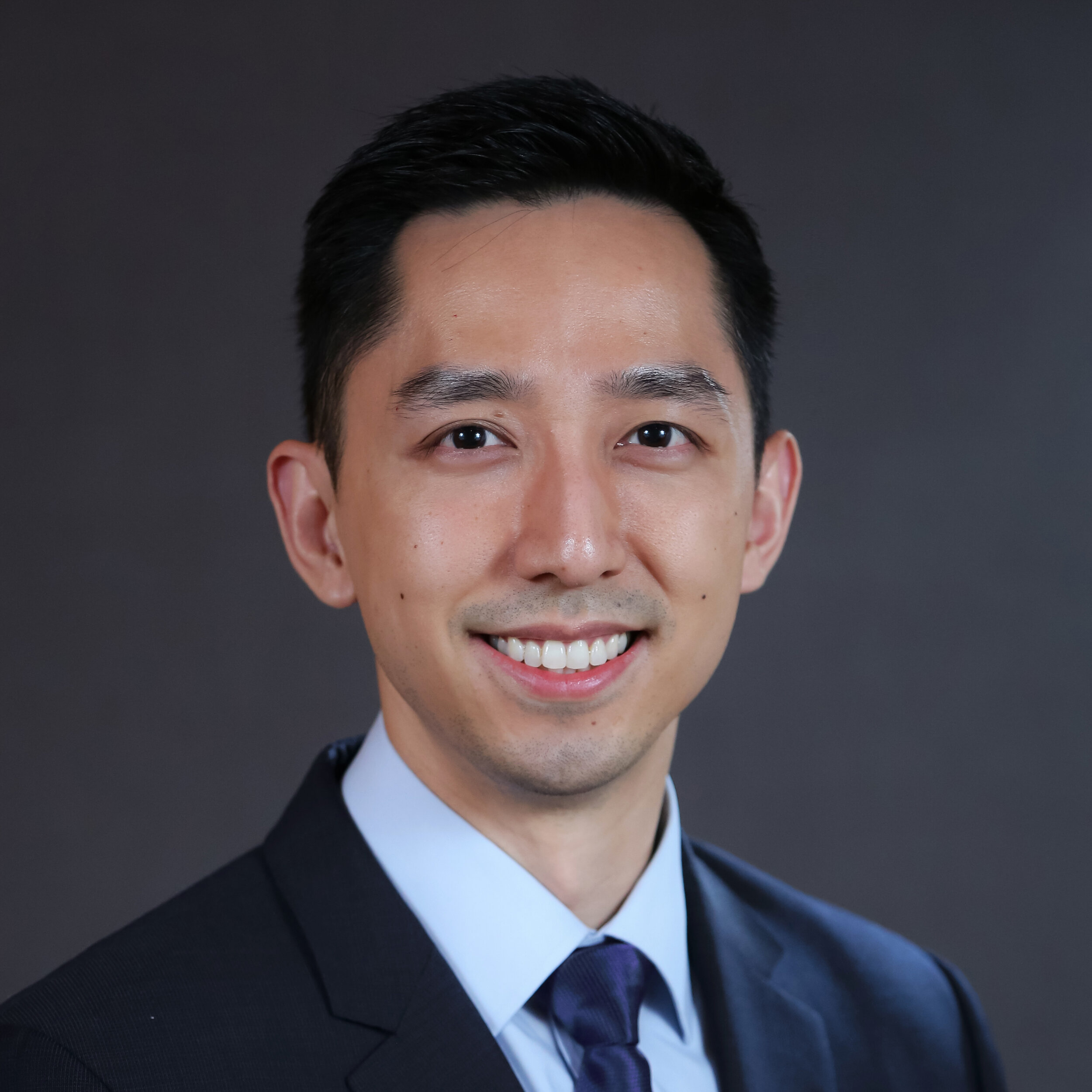For additional coverage and information on this research from the Hospital for Special Surgery (HSS) , please click here.
Authors
Michael C. Fu, MD, MHS, Evan A. O'Donnell, MD, Samuel A. Taylor, MD, Oluwatobi M. Aladesuru, AB, Ryan C. Rauck, MD, Joshua S. Dines, MD, David M. Dines, MD, Russell F. Warren, MD, Lawrence V. Gulotta, MD
Journal
Orthopedics. 2020 Oct 1;1-5. doi: 10.3928/01477447-20200923-02.
Abstract
Purpose
The purpose of this study was to determine the association between time from the diagnosis of rotator cuff tear to repair and the rate of subsequent revision surgery for re-tear.
Methods
A national insurance database was queried from 2007 to 2016 for patients who underwent arthroscopic rotator cuff repair after a diagnosis of rotator cuff tear with minimum 5-year follow-up. On the basis of time from diagnosis to repair, patients were stratified into an early (<6 weeks), a routine (between 6 weeks and 12 months), or a delayed (>12 months) repair cohort. The rates of subsequent revision rotator cuff repair were compared pairwise between cohorts with Pearson's chi-square tests. Multivariate logistic regression was used to adjust for patient demographics and comorbidity burden.
Results
A total of 2759 patients were included, with 1510 (54.7%) undergoing early repair, 1104 (40.0%) undergoing routine repair, and 145 (5.3%) having delayed repair. The overall revision rate at 5-year follow-up was 9.6%. The revision rate was higher in the delayed group (15.2%) relative to the early (9.9%) and routine (8.3%) groups (P=.048 and P=.007, respectively). On multivariate analysis, delayed repair was associated with increased odds of revision surgery (odds ratio, 1.97; P=.009) compared with routine repair.
Conclusions
Delayed rotator cuff repair beyond 12 months of diagnosis was associated with an increased risk of undergoing subsequent revision rotator cuff repair while controlling for age and comorbidity burden.
About the Author
Dr. Michael Fu is an orthopedic surgeon and shoulder specialist at the Hospital for Special Surgery (HSS) in New York City (NYC) and New Jersey (NJ), the best hospital for orthopedics as ranked by U.S. News & World Report. Dr. Fu is an expert at shoulder rotator cuff repair surgery, shoulder instability surgery, and shoulder replacement. Dr. Fu was educated at Columbia University and Yale School of Medicine, followed by orthopedic surgery residency at HSS and sports medicine & shoulder surgery fellowship at Rush University Medical Center in Chicago. He has been a team physician for the Chicago Bulls, Chicago White Sox, DePaul University, and NYC’s PSAL.
Disclaimer: All materials presented on this website are the opinions of Dr. Michael Fu and any guest writers, and should not be construed as medical advice. Each patient’s specific condition is different, and a comprehensive medical assessment requires a full medical history, physical exam, and review of diagnostic imaging. If you would like to seek the opinion of Dr. Michael Fu for your specific case, we recommend contacting our office to make an appointment.

